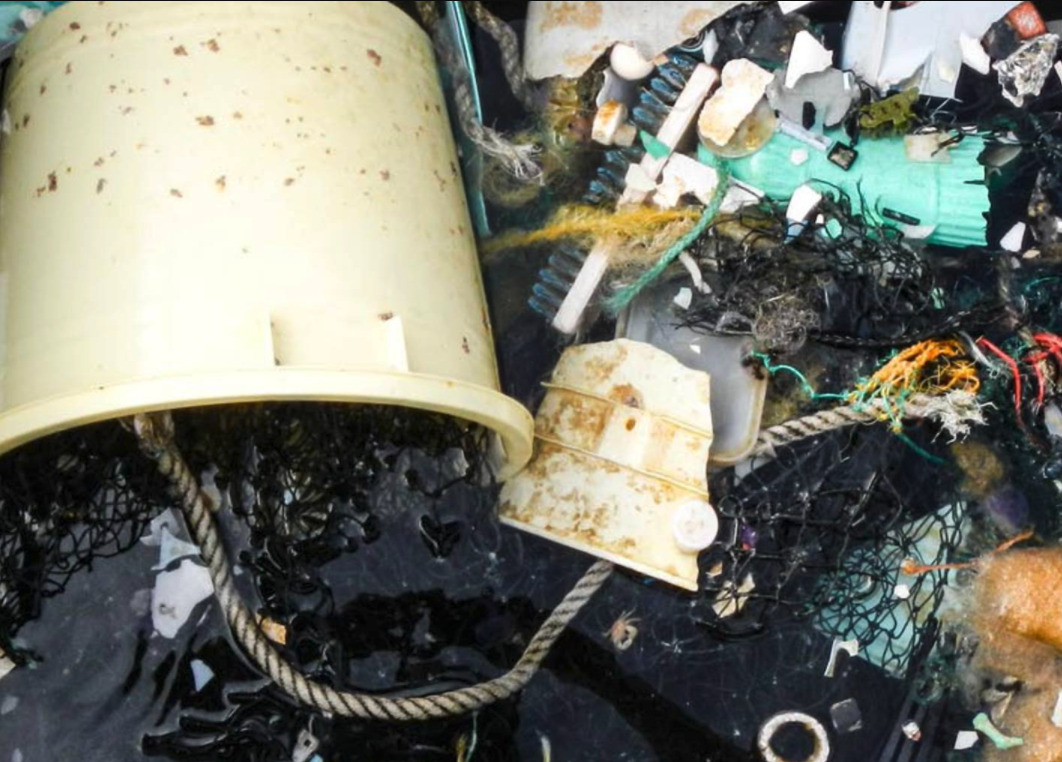New Breakthrough Could Yield The First 100% Recyclable Plastics
We're surrounded by plastics for much of our lives. Plastics are cheap and easy to make, they're often incredibly durable, and they last just about forever. Unfortunately, those upsides are also terrible news for the environment, as plastic waste continues to pile up despite recycling efforts and public awareness campaigns.
One of the biggest problems with the popular material is that even recyclable plastics aren't always able to be broken down and used again. In fact, less than one-third of recyclable plastic is repurposed after the recycling process, with the rest being tossed along with other non-recyclable waste or incinerated. A new research effort led by scientists at Berkeley Lab could provide a solution in the form of plastics that are designed from the ground-up to be fully recyclable.
"Most plastics were never made to be recycled," Peter Christensen, lead author of the work published in Nature Chemistry, said in a statement. "But we have discovered a new way to assemble plastics that takes recycling into consideration from a molecular perspective."
There are many hurdles that make recycling plastics difficult. The primary concern for the research team was finding a way to separate the polymers of the plastic from the various additives which are so often used to give the finished product specific qualities. These chemicals often stay attached to the plastic even after it's been processed, severely limiting the amount of the material that can be repurposed.
The scientists developed a new type of plastic material called poly(diketoenamine), or PDK for short. PDK differs from traditional plastics in the way additives bond to it and, unlike plastics that pile up at recycling plants today, the bonds the PDK plastic forms with other chemicals are reversible via an acid bath. Put simply, recycling PDK plastic allows the base material to be fully separated from any additional chemicals that were added later, giving the entirety of the plastic a new lease on life.
Going forward, the researchers plan on testing the new plastic with a variety of additives to demonstrate its potential while ensuring that it can always be broken back down into its most basic form and turned into something new. If all goes well, we could be on the verge of a plastic revolution.
